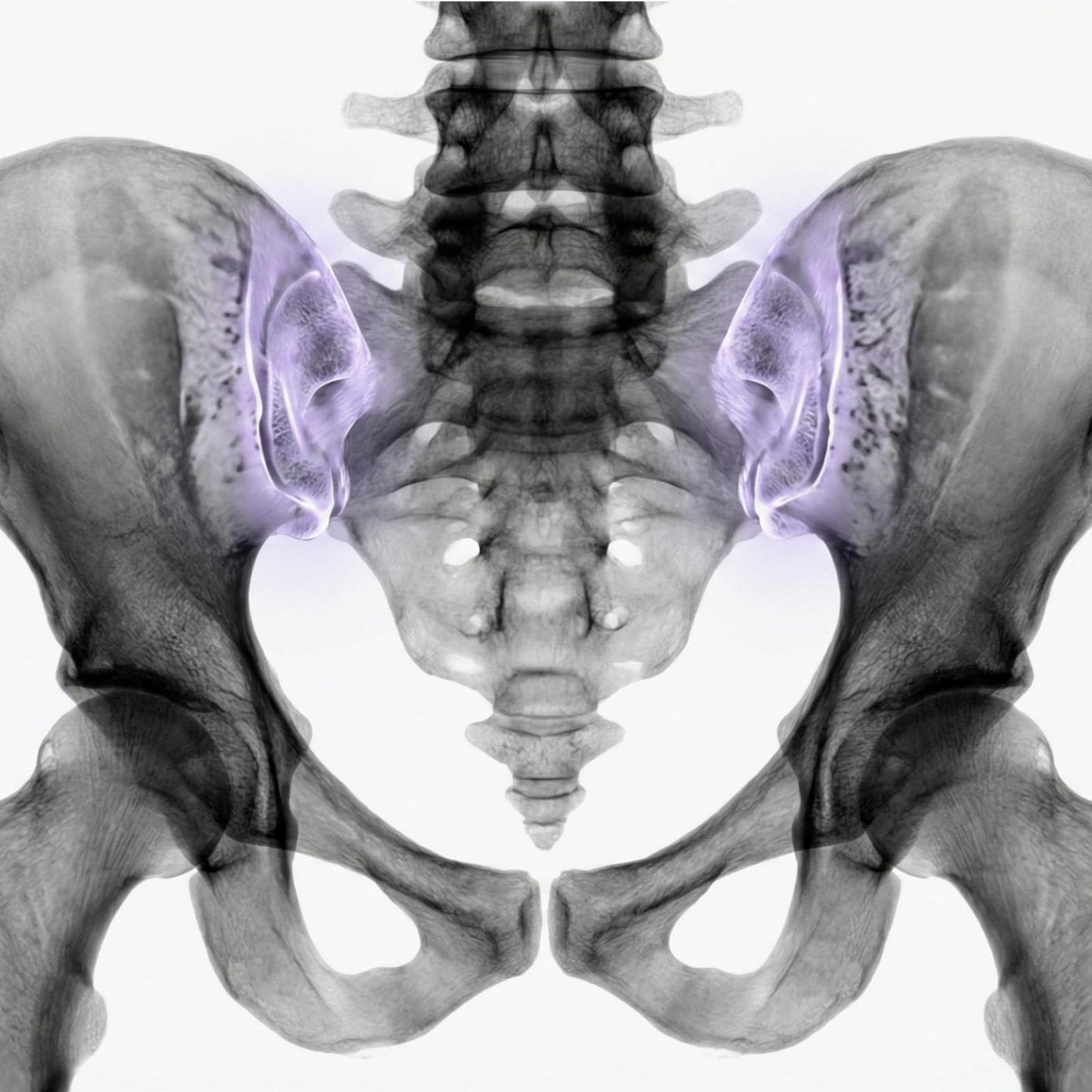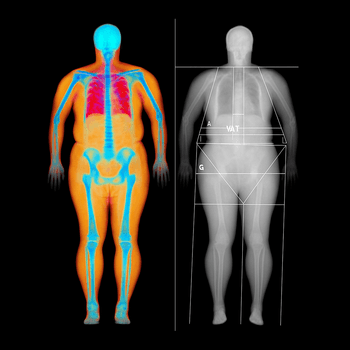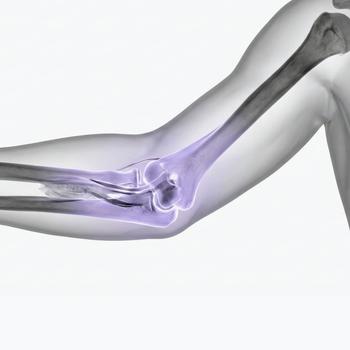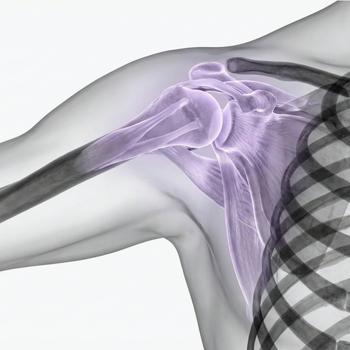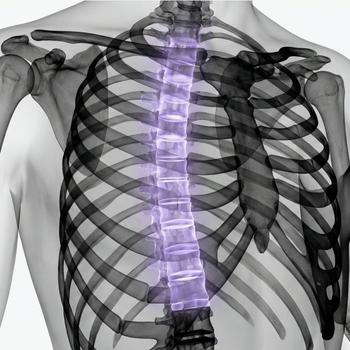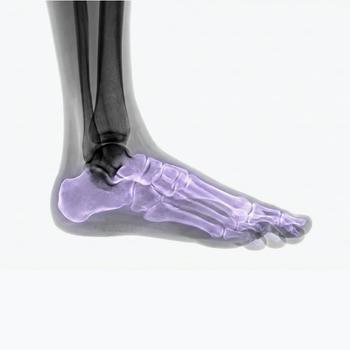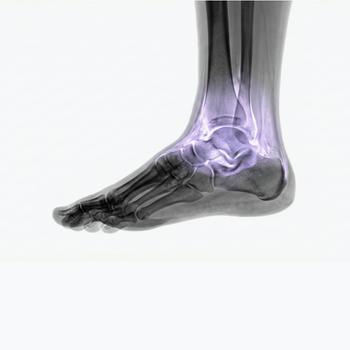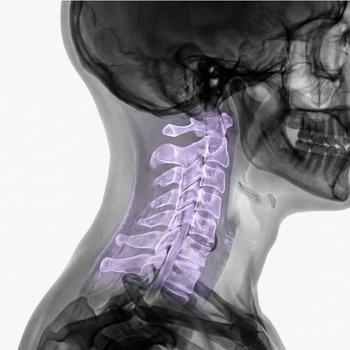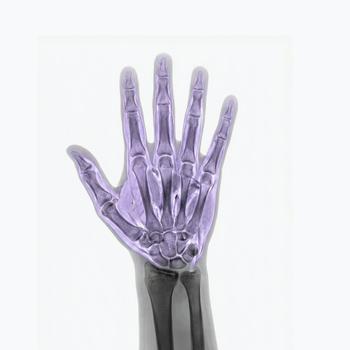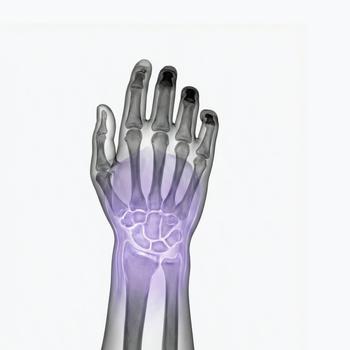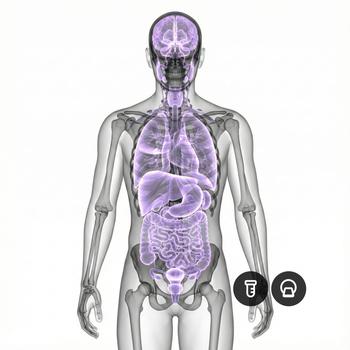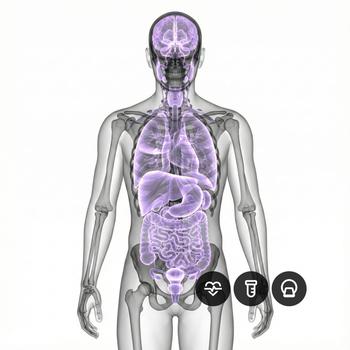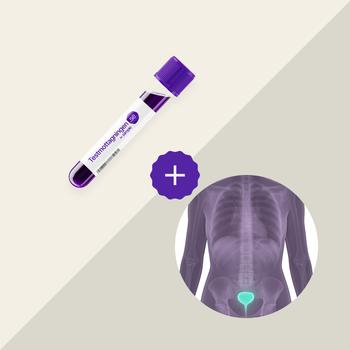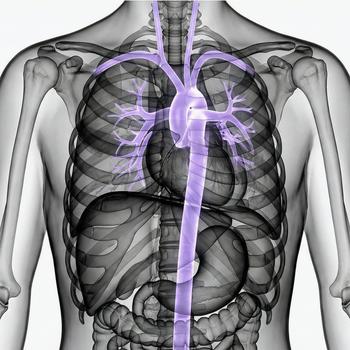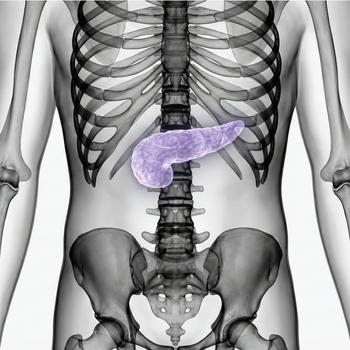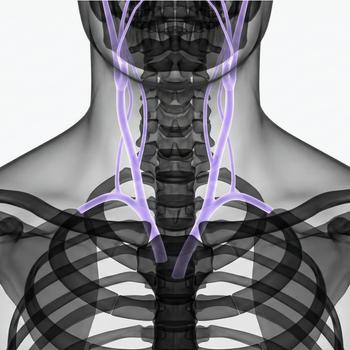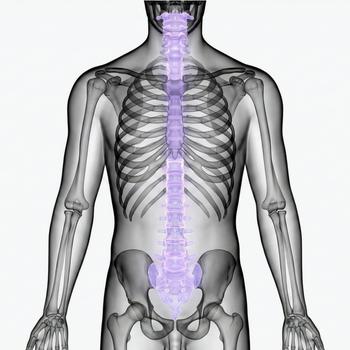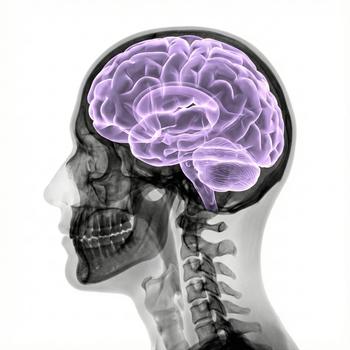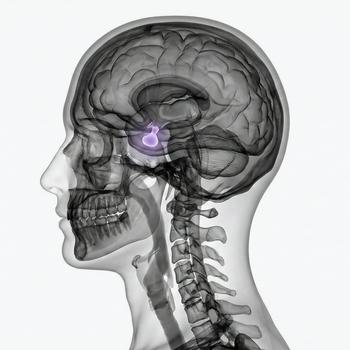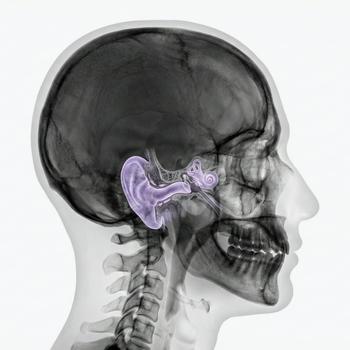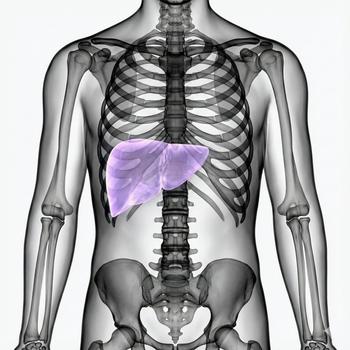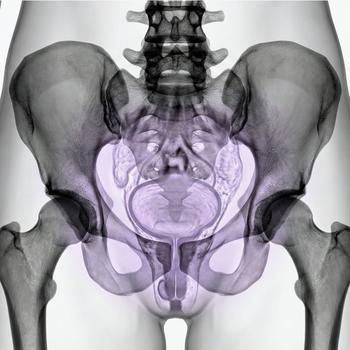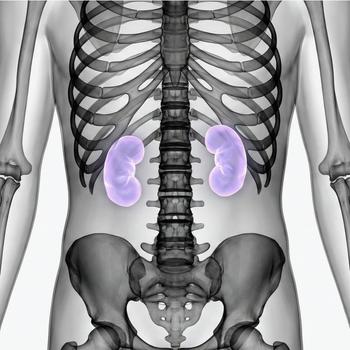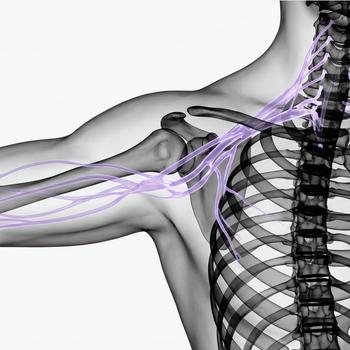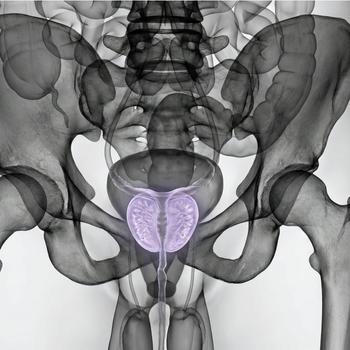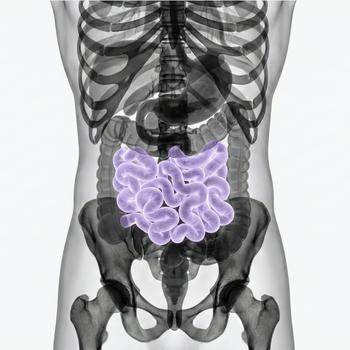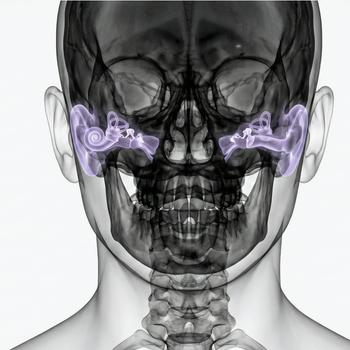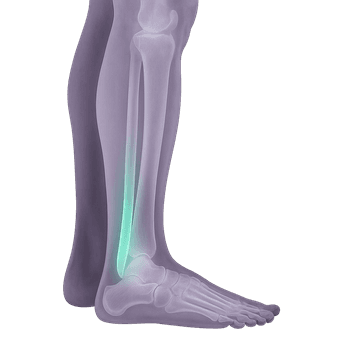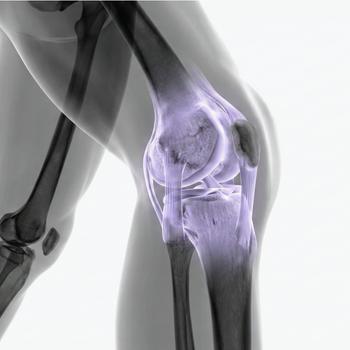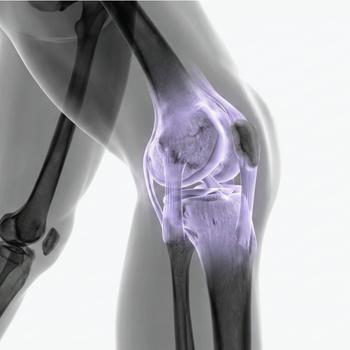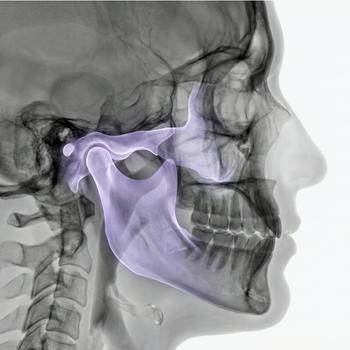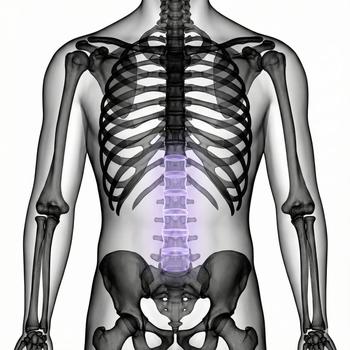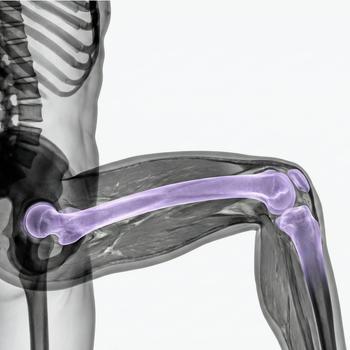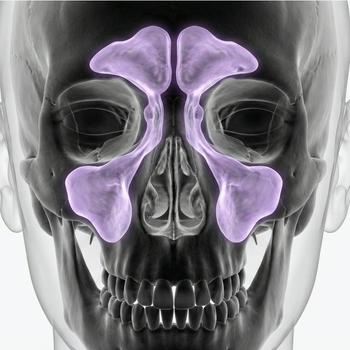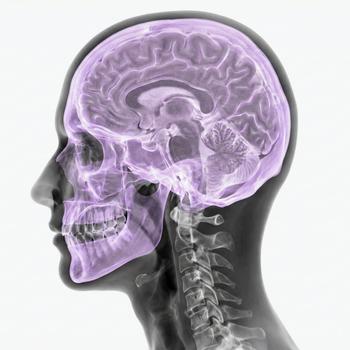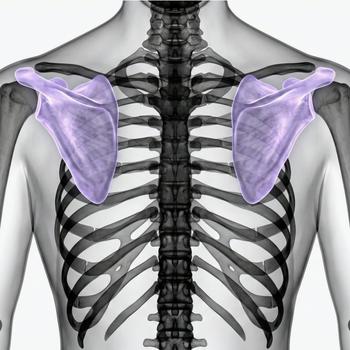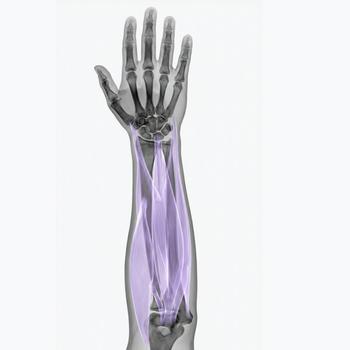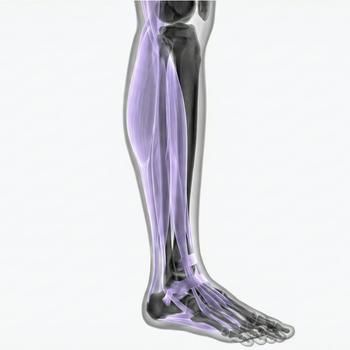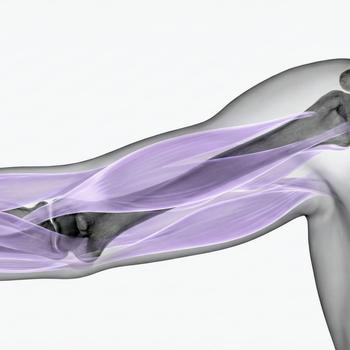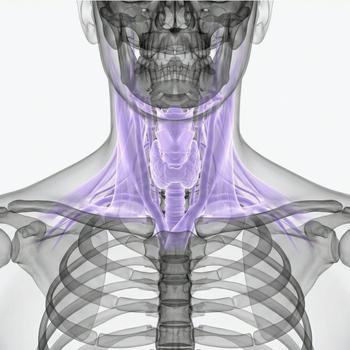MRI Sacroiliac Joints – Scan for Pelvic, Lower Back or Hip Pain
Pain in the lower back, pelvis or hip may originate in the sacroiliac joints – the two joints that connect the sacrum to the ilium. MRI SI joints are the most sensitive method for detecting inflammation, osteoarthritis, degenerative changes or signs of rheumatic disease in the area.
The examination is particularly valuable in cases of recurrent back and pelvic pain that does not go away with treatment, or in cases of suspicion of inflammatory back disease such as ankylosing spondylitis (Bechterew's disease). MRI can detect early changes that are not visible on X-rays – which is crucial for diagnosis and treatment.
When is an MRI of the SI joints recommended?
MRI of the SI joints is recommended for lower back pain that worsens at rest or at night, as well as for stiffness in the pelvic region. It is an important part of the investigation of inflammatory joint diseases or unclear pelvic complaints.
- Long-term or recurring pain in the lower back or pelvis.
- Morning stiffness or stiffness after rest.
- Pain that worsens when lying down or turning in bed.
- Suspected rheumatic disease, e.g. ankylosing spondylitis.
- Unclear hip or lumbar complaints that are not explained by other imaging diagnostics.
- Monitoring of known changes in the SI joints.
MRI is often used when the following conditions in the SI joints are suspected
- Sacroiliitis – inflammation of the SI joints
- Ankylosing spondylitis (Bechterew's disease)
- Degenerative changes or osteoarthritis in the SI joints
- Stress-related changes or overload
- Inflammatory back pain of unclear cause
- Changes after pregnancy or trauma
Book an MRI of the SI joints – for recurrent pelvic or back pain
An MRI examination of the sacroiliac joints takes approximately 20–30 minutes and is completely painless. The examination is performed in a lying position without radiation. We issue a referral directly in connection with your booking, and you will receive a medical opinion from a specialist within a few days.






















